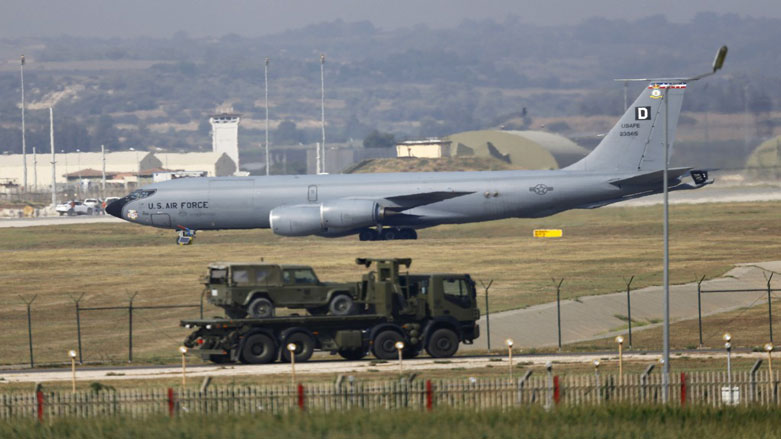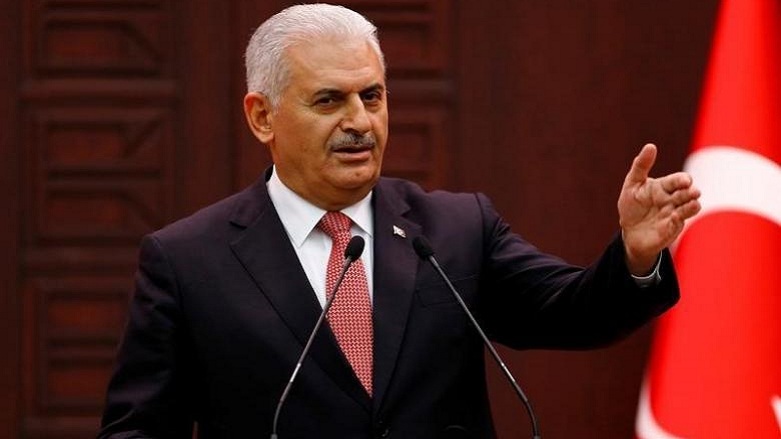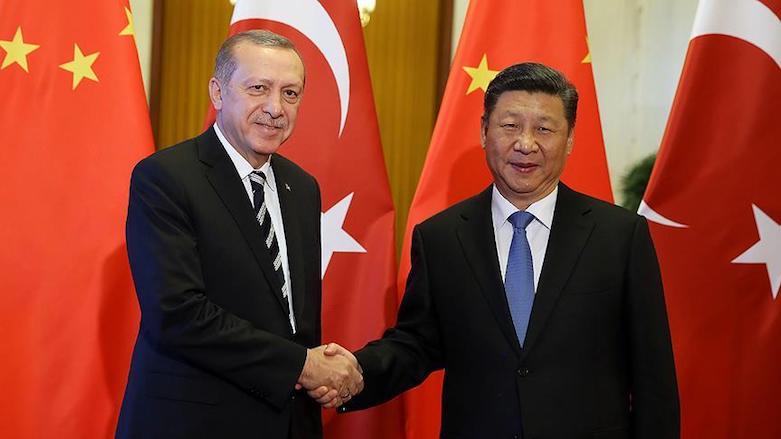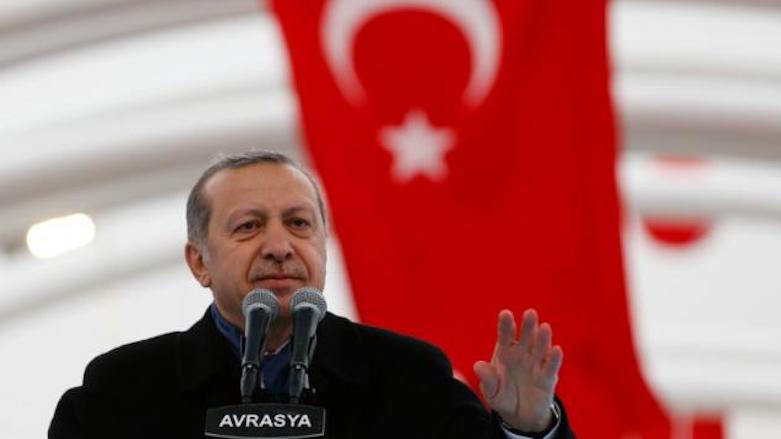Tensions surround Erdogan’s US visit as media call for boycott

ERBIL, Kurdistan Region (Kurdistan24) – As Turkish President Recep Tayyip Erdogan’s meeting with US President Donald Trump in Washington nears, some Turkish media outlets and opposition politicians are calling on Erdogan to cancel his trip.
Despite Ankara's vocal disapproval, the Trump administration remained committed to providing the Kurdish People's Protection Units (YPG) with heavy weapons in Syria.
The recent armament has led to discussions on whether the Turkish government should reevaluate the US’ presence at its Incirlik Air Base.
Prominent Turkish newspaper Sozcu ran a headline demanding the eviction of US troops and warplanes from Incirlik in response to the move.
The front-page editorial published on Friday called for Incirlik’s complete closure.
While military officials and observers say it's an unlikely outcome, it is a clear sign of how relations have been strained between the NATO allies.
Erdogan, who is to meet with Trump on May 16, is expected to express his anger at the US President’s decision to arm Kurdish fighters in Syria in preparation for an attack on Raqqa, the Islamic State’s (IS) de facto capital.
Erdogan sent several senior officials, including his military and intelligence chiefs, to Washington ahead of the meeting to prevent the US administration’s decision to arm the YPG directly without success.
This is not the first instance Turkey has used the air base as a bargaining chip.
The coalition’s access to the strategic air base, a vital theater for anti-IS operations, has previously been threatened by Turkish officials due to a perceived limited support for a Turkish offensive in war-torn Syria.
In March, pro-government media claimed Turkish authorities were ready to deny the United States the use of the Incirlik Air Base because of the unease Turkey felt regarding the Trump administration’s continued proximity to the YPG in Syria.
Ankara is concerned with the presence and armament of the Syrian Kurdish forces which it views as an extension of the Kurdistan Workers’ Party (PKK).
Both NATO allies designate the PKK, which has been fighting the Turkish state since 1984, a “terrorist” group.
Editing by Karzan Sulaivany



